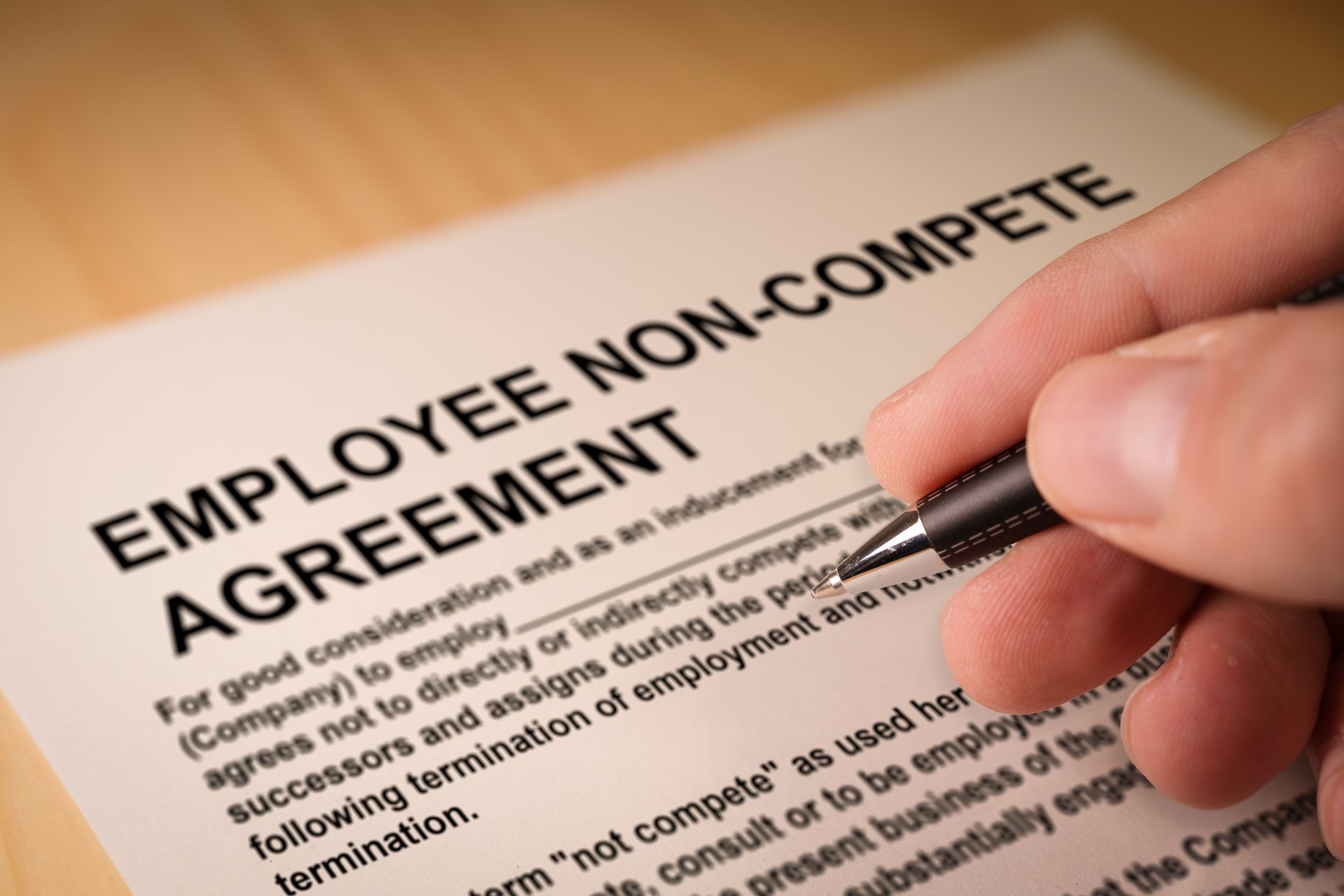
If you’re not exactly sure what probate is, how long the process takes, and what it will cost, you’re in good company. Recent national surveys show nearly half of U.S. adults don’t have a will or other basic estate planning documents, and about 35% aren’t familiar with what probate is or how it works
For many people, particularly those suddenly thrust into a situation they weren’t expecting due to the untimely or unexpected death of a loved one, probate is an added stressor on an already painful situation.
If you’re not sure what to do next, a probate or estate attorney can help. Estate planning lawyers draft wills and formulate trusts, but they also help people and families who don’t have estate planning documents work through Minnesota’s probate system.
What Is Probate in Minnesota?
Probate is the legal proceeding that determines who is responsible for handling a person’s estate and how assets are distributed after their death. Through probate:
- A personal representative (sometimes called an executor) is officially appointed.
- The representative gathers assets, notifies creditors, and pays valid debts.
- Remaining property is distributed to heirs according to the will, or if there is no will, under Minnesota’s intestacy laws.
Probate is the court’s way of making sure debts and taxes are paid before property goes to heirs. The process usually takes at least four months because creditors must be given time to file claims. Many straightforward cases finish within 6 to 12 months, while larger or contested estates can take longer.
When Probate Is Required and When It May Not Be
Probate becomes necessary when the person who died owned assets in their own name without co-owners or designated beneficiaries. Examples include:
- A house titled only in their name
- A bank account with no joint owner or payable-on-death designation
- Vehicles, investments, or personal property without a beneficiary or co-owner
If assets fall into those categories, probate is typically required. But Minnesota also recognizes small estate procedures that can avoid full probate. This process can be used if an estate is valued at under $75,000 and there’s no real estate involved.
How the Small Estate Affidavit Works in Minnesota
You can find the instructions and affidavit form on the Minnesota Judicial Branch website. The process is fairly straightforward:
- Check eligibility and standing:
You must be legally entitled to inherit by law if there is no will (spouse, child, parent, sibling, etc.).
- Download and fill out the affidavit:
Provide your information, details of the person who died, a description of the property, and confirm that at least 30 days have passed since death. You will need to attach a certified copy of the death certificate.
- Sign and notarize: The form must be sworn or affirmed before a notary public. Notaries are available at banks, credit unions, some libraries, or through mobile notary services. You will need a government-issued photo ID.
- Use the affidavit to collect property: Take the completed, notarized affidavit (with the death certificate) directly to the person or business holding the property, such as a bank for savings and checking accounts or Driver & Vehicle Services (DVS) to transfer a car title.
If you’re unsure whether the estate qualifies or there are disagreements among other potential beneficiaries, it may be helpful to consult a probate attorney before filing.
Informal vs. Formal Probate in Minnesota
- Informal probate is the simpler process. It’s handled by a probate registrar and typically involves minimal court oversight. It’s typical used when there is a valid will, debts are manageable, and heirs agree on how things should proceed.
- Formal probate requires direct involvement of a judge. This route is often necessary if there are disputes about the will, questions about who should serve as personal representative, or concerns about significant debts or unclear ownership.
Most families with modest estates and no conflicts will qualify for informal probate, but courts can shift a case into formal proceedings if problems arise.
Challenges Families May Face During Probate
Even with informal probate, families can run into obstacles:
- Disagreements between heirs or other relatives about dividing property.
- Creditors making unexpected claims.
- Unclear or outdated wills that don’t reflect the current situation.
- Complications with jointly owned property or business interests.
For example, what happens when someone has divorced but never updated their will or removed their ex as a beneficiary on their accounts?
Minnesota law is clear that once a divorce is finalized, an ex-spouse loses their inheritance rights. Any provisions in a will that left property to the ex are automatically revoked, and beneficiary designations on life insurance or retirement accounts are revoked by statute unless reaffirmed after the divorce.
However, there can be exceptions on jointly owned property. If a home, bank account, or vehicle is still held in joint tenancy after the divorce, survivorship rights may still apply unless the divorce decree or later paperwork severed the ownership. That can create surprise outcomes for a person’s new spouse or children if details weren’t cleaned up during or after the divorce.
Because wills, deeds, and beneficiary forms can interact in complicated ways, families in these situations often benefit from talking with a probate attorney. An attorney can sort through which documents take precedence, which provisions have been automatically revoked, and how Minnesota law applies to the estate.
Does Minnesota Recognize Common Law Marriage?
Some people assume that living together for many years grants legal status similar to marriage, so if their long-term partner dies, they may be entitled to all or part of their estate.
That is not the case in Minnesota. The state will honor a valid common law marriage created in another state, but it does not recognize common law marriage formed here. Unless a partner is legally married or named in a will/trust or co-own property, they usually have no claim under intestacy.
When Hiring a Probate Lawyer Can Be Especially Helpful
Not every estate requires an attorney, especially if it qualifies for a small estate affidavit or informal probate and there aren’t disputes among surviving family members. But legal guidance may be valuable when:
- The estate includes real estate or business assets.
- Creditors are disputing claims or aggressively pursuing payment.
- Family members disagree over the will or distribution of assets.
- The estate is large, with tax implications or multiple heirs.
An experienced probate attorney can help ensure paperwork is completed correctly, deadlines are met, and disputes are handled before they spiral into larger conflicts.
The referral counselors at the Minnesota Lawyer Referral and Information Service (MNLRIS) can help you find a qualified and vetted local estate planning and probate attorney in the Minneapolis–St. Paul area. Call us at (612) 752-6699 or fill out the referral form on our website to get started.




